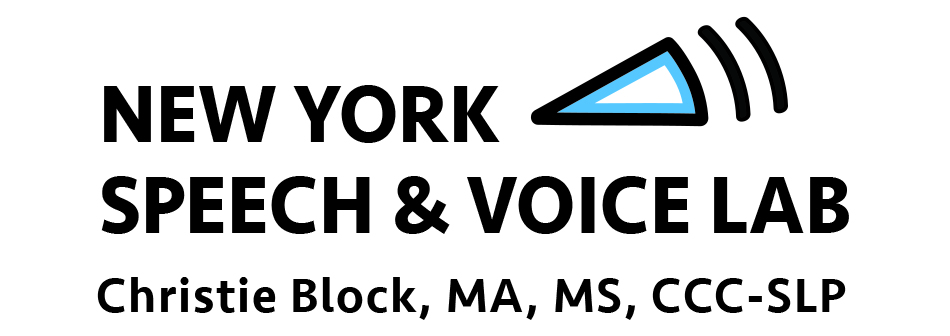Changing your voice and communication patterns to better conform to your gender expression can be challenging. You must learn to play your vocal instrument as well as you can with what you have, even if you have seen improvements from testosterone (transmasculine) or pitch-raising surgery (transfeminine). In addition to compensating for biological limitations, you must counter habitual ways of talking that your brain and speech mechanism are used to producing. BUT, with practice and mindfulness, these challenges can be met with new, useful, and more satisfying ways of talking.
In that process, you should celebrate your overall improvement and even your small successes along the way, rather than expecting perfection or expecting to sound exactly cisgender. Aiming for your best possible voice is not only realistic but it is chance for you to accept yourself and be more confident and happy with your new skills. And in that way, other people will be more likely to respond positively to you and be more open to gender diversity!
